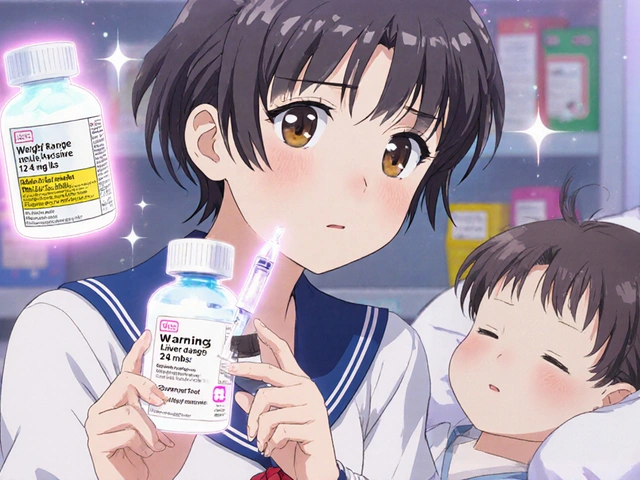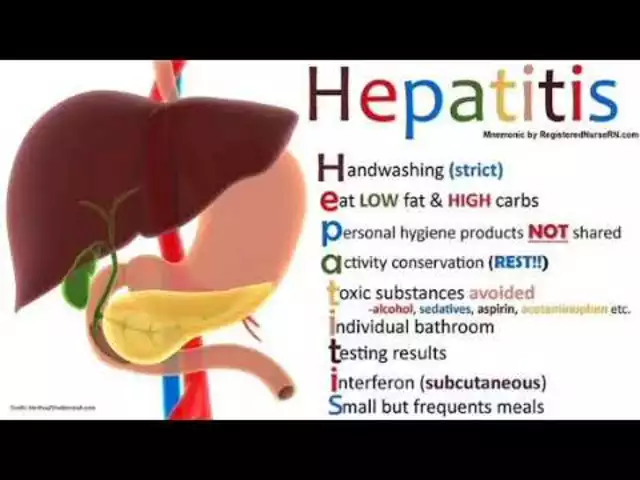Depression: What You Need to Know
Feeling down now and then is normal, but depression goes deeper. It’s more than just sadness—it affects your energy, motivation, and even physical health. Recognizing the signs early is key to getting help and starting recovery.
Common Symptoms of Depression
Depression symptoms can vary but usually include persistent sadness, loss of interest in activities you once enjoyed, fatigue, changes in appetite, sleep troubles, and trouble concentrating. Some people also experience irritability or physical aches without a clear cause. If these symptoms last for two weeks or more and disrupt your daily life, it might be time to seek support.
What Causes Depression?
Depression doesn’t have a single cause. It often arises from a mix of genetics, brain chemistry, life events like stress or trauma, and even medical conditions. Sometimes, obvious triggers aren’t present, making depression feel confusing and overwhelming. Understanding what’s behind it can help you find the right approach to feel better.
Fortunately, depression is treatable. Options include talk therapy like cognitive-behavioral therapy, medications that adjust brain chemicals, lifestyle changes such as exercise and diet, and support groups. Different approaches work for different people, so a bit of trial and collaboration with healthcare providers is normal.
Remember, reaching out for help is a strong step, not a weak one. If you or someone you care about is struggling, professional advice can make all the difference in finding relief and regaining control of life.
What realistic expectations can I have from CBT for depression?
Cognitive-Behavioural Therapy (CBT) is an effective, evidence-based technique to treat depression. It involves working with a mental health professional to identify and challenge negative thoughts and behaviours that contribute to feelings of depression, and help you to develop coping strategies and healthier ways of thinking. With realistic expectations and a commitment to the process, CBT can help to reduce symptoms of depression, such as feelings of sadness, hopelessness, and low self-esteem. It can also help with improving mood, sleep, and energy levels, and help you to build resilience and self-confidence. When practised regularly, CBT can be an effective way to manage depression and create lasting change.
How to help a family member living abroad with depression?
Depression is a serious mental health issue that can affect anyone, regardless of where they are in the world. If you have a family member who is living abroad and experiencing depression, there are a few ways you can help. First, make sure your family member knows you are there for them, and offer to listen when they want to talk. Second, help your family member find access to professional mental health care in their country. Third, encourage your family member to take part in activities that can help reduce stress and boost their mood, such as exercising, talking to friends, and engaging in creative activities. Fourth, make sure your family member is getting enough sleep, eating a healthy diet, and taking time out for themselves. Finally, stay in contact with your family member and support them as they work to improve their mental health.
Depression or bipolar is worse?
Depression and bipolar disorder are two different mental illnesses that share some similar symptoms. While both can be serious and debilitating, bipolar disorder is generally considered to be worse due to its potential for manic episodes and extreme mood swings. People with bipolar disorder are also more prone to suicidal thoughts and behaviours. Furthermore, bipolar disorder is harder to diagnose and manage than depression and requires more intensive treatment. Despite the difficulties associated with bipolar disorder, it is still possible to lead a healthy and fulfilling life.













